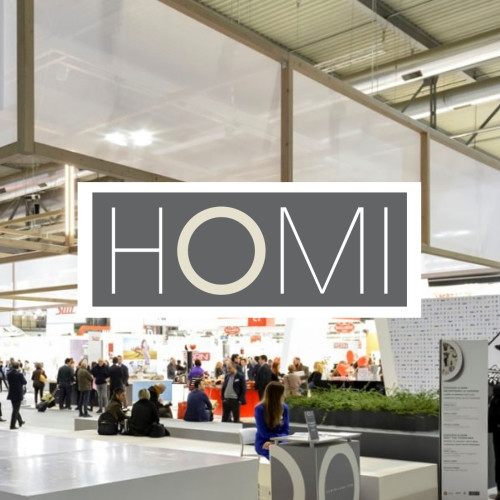This month, Andrew Goodacre, ceo of BIRA, weighs in to the question on every supermarket’s lips – to serve or self serve?
In recent months, the retail sector has witnessed an intriguing shift in the self-checkout landscape. As BIRA’s ceo, I’ve been closely monitoring these developments and their potential impact on independent retailers.
The recent decision by Morrisons to remove some of its self-checkouts has sparked a nationwide debate. Its chief executive, Rami Baitiéh, admitted the technology had gone ‘a bit too far’, citing customer dissatisfaction and increased shoplifting as key concerns. This move follows a similar action by Booths last year, which removed self-checkouts from most of its stores to enhance the premium shopping experience.
These decisions run counter to the prevailing trend we’ve seen in recent years, where major supermarkets have steadily increased their reliance on self-service technology. It’s a development that raises important questions for the retail sector as a whole, including our independent retailers.
On the surface, self-checkouts offer several advantages. They can reduce queuing times during peak hours, lower operational costs and free up staff to focus on other aspects of customer service. For smaller shops with limited floor space, they can also be a space-efficient solution.
However, the drawbacks are becoming increasingly apparent. The impersonal nature of self-checkouts can detract from the shopping experience, particularly for those who value human interaction. This is especially relevant for independent retailers, where personal service is often a key differentiator.
Moreover, the link between self-checkouts and increased shoplifting is concerning. While technology has improved, it’s clear that these systems are still vulnerable to theft, potentially offsetting any cost savings from reduced staffing.
For independent retailers, the decision to implement self-checkouts is more nuanced than for larger chains. Our members often pride themselves on knowing their customers personally and providing a level of service that goes beyond mere transaction processing. A till staffed by a friendly, familiar face can be a significant part of the shopping experience and a reason for customers to return.
That said, we can’t ignore the potential benefits of technology in improving efficiency and customer convenience. The key lies in striking the right balance. For some of our members, a hybrid approach might work best – offering both self-service and manned tills to cater to different customer preferences.
It’s also worth considering alternative technologies that can enhance the shopping experience without sacrificing the personal touch. Mobile point-of-sale systems, for instance, allow staff to process transactions anywhere in the store, combining the efficiency of technology with personalised service.
As we move forward, it’s crucial that retailers of all sizes listen to their customers. The backlash against excessive self-checkout implementation in some larger stores suggests that many shoppers still value human interaction in their retail experiences. This presents an opportunity for independent retailers to reinforce their strengths in customer service and community connection.
At BIRA, we advocate for a thoughtful approach to technology adoption. We encourage our members to consider their unique circumstances, customer base, and brand values when making decisions about checkout systems. What works for a large supermarket chain may not be appropriate for a local independent shop.
The recent pullback on self-checkouts by some major retailers serves as a reminder that technology should enhance, not replace, the human element in retail. For independent retailers, this could be a moment to shine – to emphasise the personal service and community connection that sets them apart.
As we navigate this evolving landscape, BIRA will continue to provide guidance and support to our members, helping them make informed decisions about technology adoption that align with their business goals and customer expectations.
In the end, the goal isn’t to be for or against self-checkouts, but to find the right mix of technology and human touch that best serves customers and supports business success. For many independents, this may mean focusing on what they do best – providing personalised, community-focused service that no machine can replicate.























